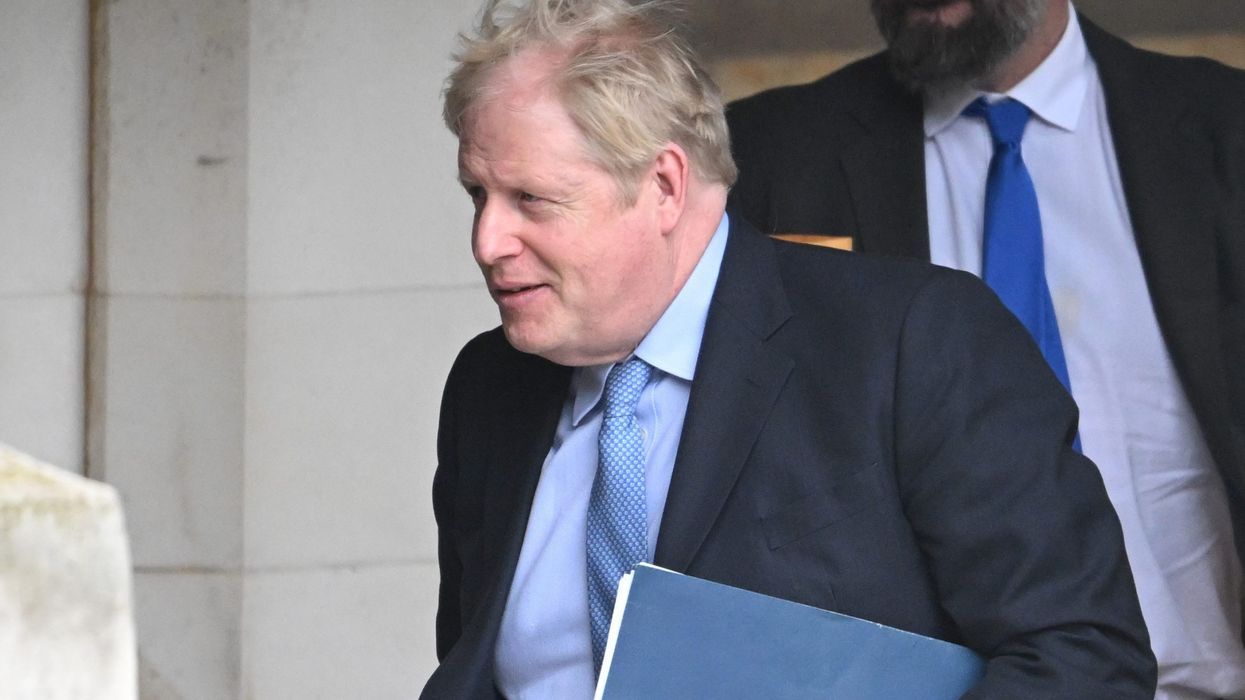British ministers have been granted an extension to provide unredacted messages from ex-prime minister Boris Johnson to a public inquiry investigating the management of the Covid-19 crisis.
Initiated in 2021, the inquiry was tasked with examining the nation's readiness, as well as the response to public health and economic challenges, following the recording of one of the highest global death tolls from Covid-19 in the UK.
Former judge Heather Hallett, who chairs the inquiry, has granted the government an additional two-day extension, until Thursday afternoon (June 1) to deliver Johnson's WhatsApp messages and diaries.
These materials are crucial to the inquiry's examination of the government's management of the crisis.
However, the Cabinet Office, responsible for government operations, has declined to release certain messages and records, arguing that they are unrelated to the pandemic and therefore not pertinent to the investigation.
In the previous week, Chairperson Hallett expressed her belief that certain areas of correspondence, which the Cabinet Office deemed irrelevant, held relevance to the ongoing inquiry.
This initial disagreement highlights the potential for tension as the investigation delves into the government's management of the pandemic, particularly during the initial phase when the UK's response lagged behind that of several European nations.
Prime Minister Rishi Sunak emphasised the government's commitment to ensuring that lessons are learned from the handling of the crisis.
"The government has cooperated with the inquiry — tens of thousands of documents have been handed over," he told reporters. "The government's carefully considering its position but is confident in the approach that it's taken."
Amid the disagreement, Hallett is invoking section 21 of the Inquiries Act, which empowers her to legally compel the government to provide the requested information. Failure to comply with this requirement, without a reasonable excuse, could potentially lead to criminal charges.
Under the act, non-compliance carries the possibility of a fine of up to £1,000 ($1,262) or a maximum prison sentence of 51 weeks.
Scheduled to commence next month, the inquiry's initial evidence sessions are approaching.
Official records indicate that there have been over 226,000 deaths attributed to Covid-19 since the onset of the pandemic.
Additionally, ministers have faced allegations of several missteps, including the delayed implementation of the first coronavirus lockdown in England.
(Reuters)













